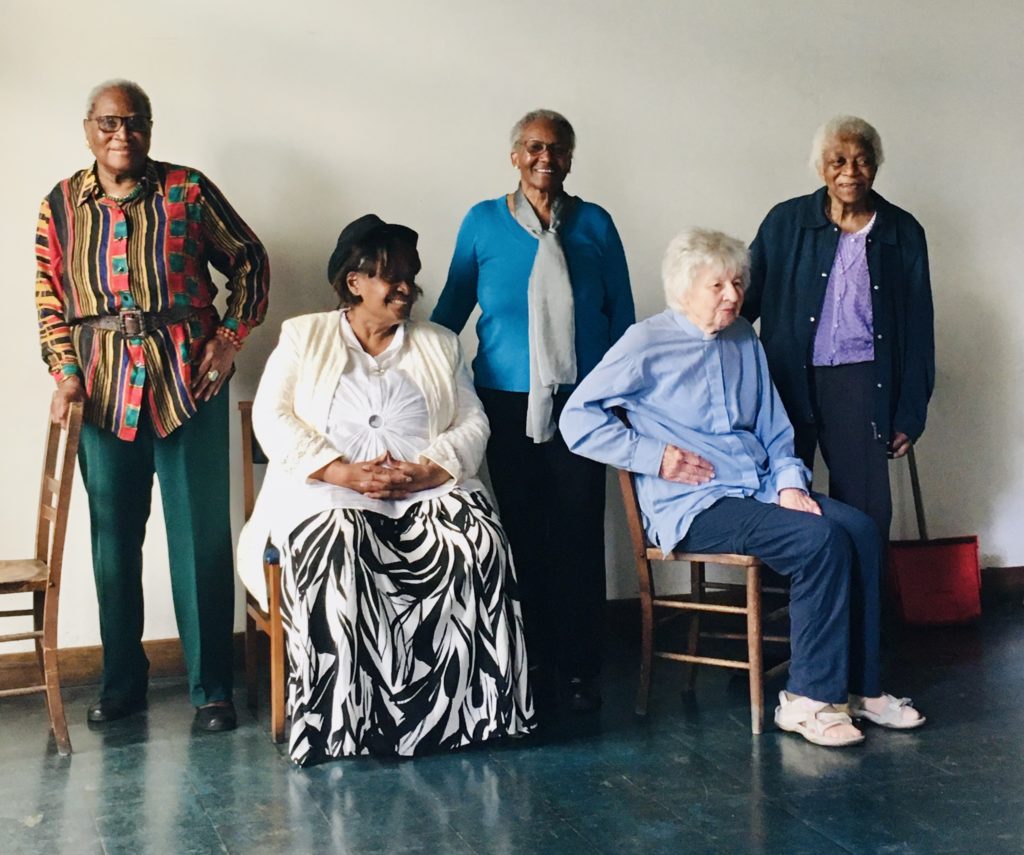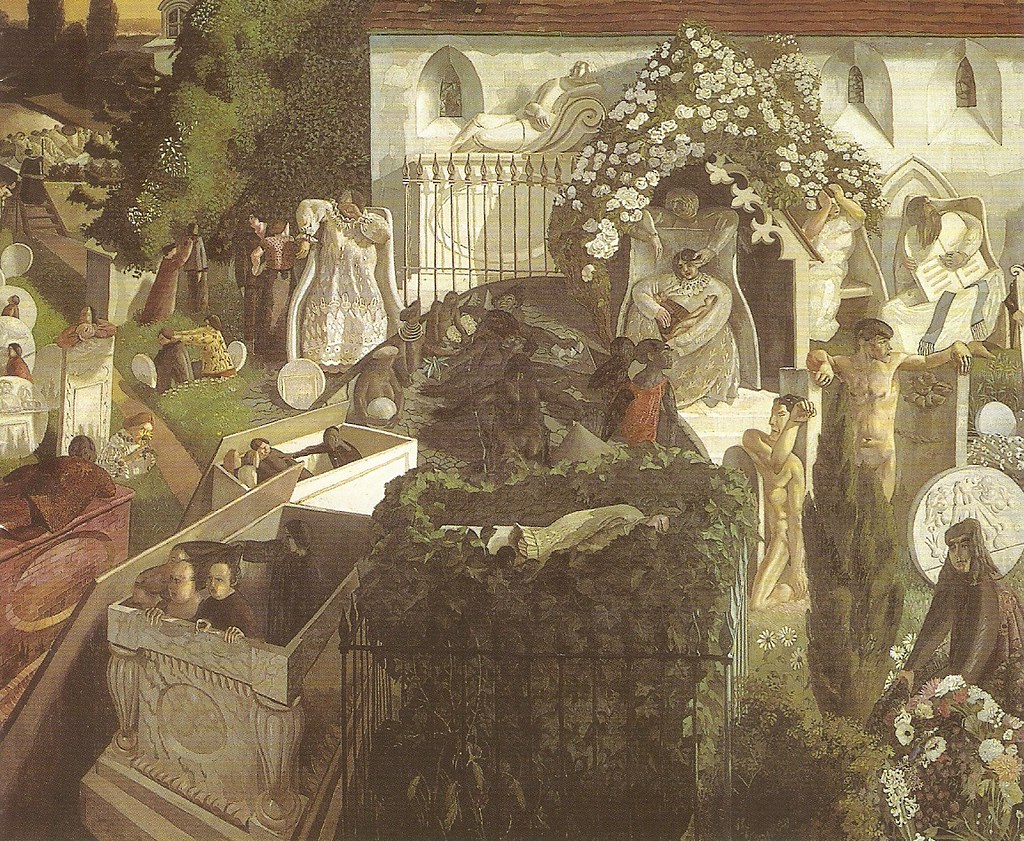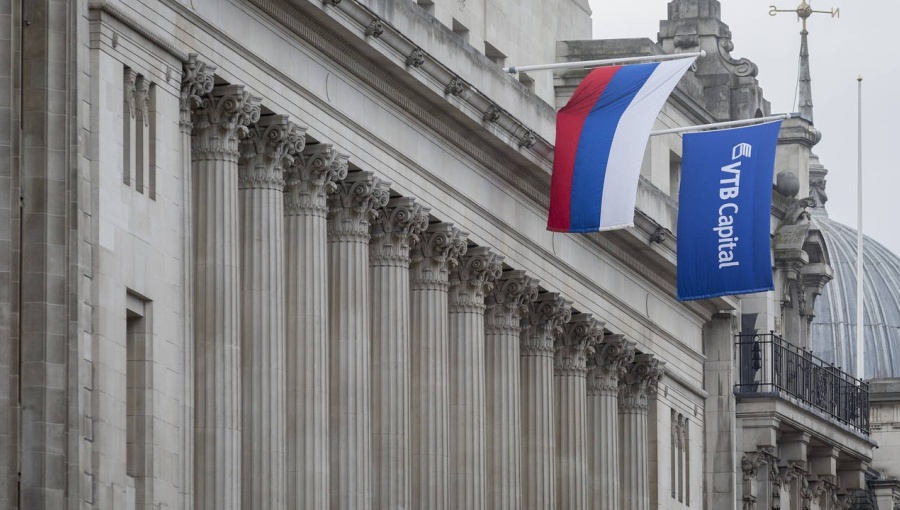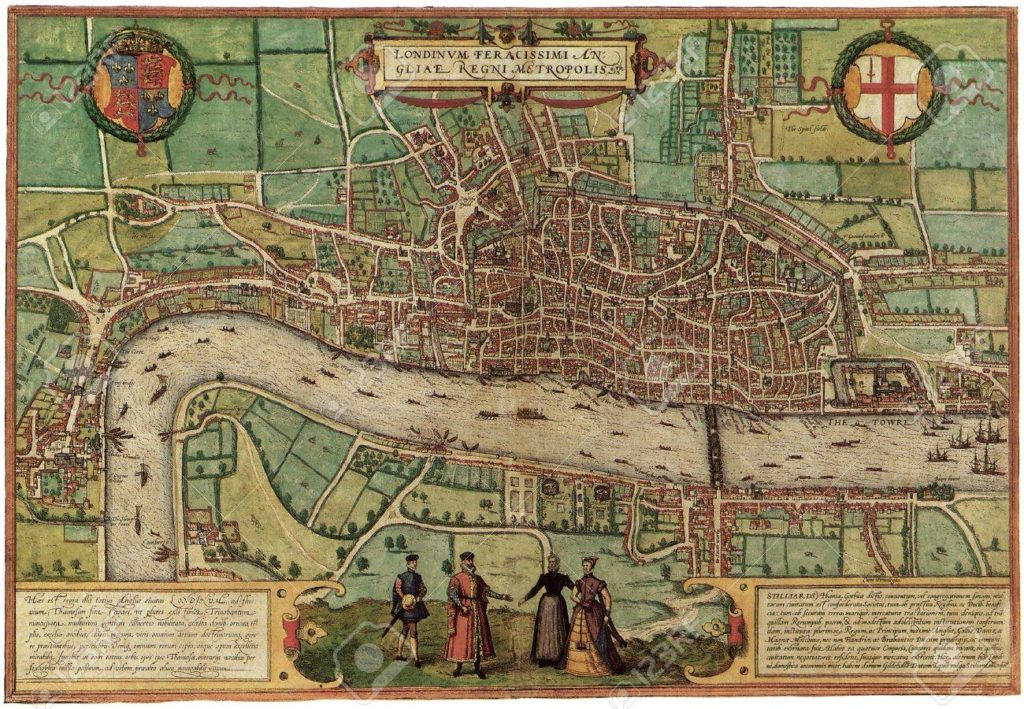Russell Miller, Tree Musketeer
A reading from the prophet Isaiah
But we are all as an unclean thing, and all our righteousnesses are as filthy rags; and we all do fade as a leaf; and our iniquities, like the wind, have taken us away. And there is none that calleth upon thy name, that stirreth up himself to take hold of thee: for thou hast hid thy face from us, and hast consumed us, because of our iniquities.
Please be seated.
Up there, on the roof of my church, I cleared out the leaves from the hoppers and down- drains along the parapet. The winds have stripped naked the lime trees along the terrace and it seems to me that most of these have collected in the secret corners of the roof.
I chuck a few gust-fuls over the top: I want to keep my gutters clear. I worry a surprising amount about blocked drains. At some level I believe that a blocked drain is a theological issue. Are not leaves a consequence of the Fall?
Down on Clapton Common I spot a group from the Council’s Parks department blowing the leaves into piles and preparing for their removal and mulching. This is surely a ministry of deliverance. I go down to show solidarity and express my thanks.
“You’re doing a great job,” I say to the young man operating the suction machine and then I feel a little stupid and add, “How long will it take you to do all of this?”
“A couple of hours,” he says, “but this isn’t what I should be doing. Thing is the Council sacked the tree gang. Part of the cuts. That’s where I wanted to be. But now they say they are going to sub-contract the tree work and redeploy the rest of us. Years of experience of trees in Hackney has been lost overnight.”
I am astonished. Who will tell me more about this? He gives me the number for Russell Miller, tree musketeer and advocate for all things arboreal in Hackney.
I ring Russell Miller and arrange to meet at the Tree Nursery on Hackney Marsh. I cycle along the canal and find the nursery surrounded by allotment patches and covered with polythene sheets concealing what I imagine to be the early stirrings of hidden growth.
he has just finished a day’s teaching about pruning, part of a course on forest gardening. We sit at the central table and shuffling magazines about pests and seeds out of the way, he tells me how he came to be involved in tree work.
Having worked originally as a civil rights lawyer he had found solace in the woodlands at a time of professional exhaustion. As one thing had lead to another he had become an expert in the mysterious eco-reciprocity between veteran trees and rare and unusual fungi. We may all end up as mulch, but Russell Miller had learned that there was regeneration in decay. And over the last fifteen years or so he had become a close reader of the texts of nature and what they may teach us about our world.
He spoke with the quiet intensity of a man who was also well used to taking his pruning shears to the redundant accumulations and idle fripperies of our consumer culture – the filthy rags of capitalist ‘growth’.
“Nowadays only the financiers talk about capitalism and for them it’s a good thing. The rest of us are unable to think critically about it. Actually it’s a an organic system which keeps everyone isolated and separate and because of this we are vulnerable to the power of the corporations which are themselves supported by the state. It’s through brands and branding that they control our desires and feed our insatiable appetite for more stuff. You see it on the estates with the kids and their trainers and you see it on Stoke Newington Church Street with the parents and their designer buggies. They all want it and they want it now.”
“You need to remember how the health of the leaves is completely indicative of the health of the roots. If you want to know about the health of the roots you look at the leaves at the top of the tree. But it’s the roots you need to look after. Nowadays we all seem to be more worried about the leaves than the roots.”
Roots require patient care and expertise. It’s a shame, remarks Mr Miller, that Hackney Council had just got rid of its ‘tree gang’ to save money.
“By relying on landscape gardeners and project managers there have been some terrible and wasteful errors in the refit of Clissold Park. And they plant the wrong tree in the wrong place such as the Crack Willow rather than the Weeping Willow, the Bablyonica, which takes longer to grow but is more resilient.”
“It’s called the Babylonica?”
“Yes, the Weeping Willow.”
“Because it was beside the waters of Babylon that they wept when they remembered Sion?”
“Well, I think that is more your department.”
“Maybe the Israelites returning to Jerusalem after the exile in Babylon, as the prophet Isaiah describes here, were swept away like leaves because they had forgotten how to grieve, how to weep. Could it be through their grieving that their sinews had been strengthened?”
“If you stake a young tree too tightly it will never develop the strength it needs to grow. It needs to bend and sway in the breeze.”
*
The following morning, as I leave the vicarage I look up into the bare trees. They are skeletal, apart from a few stubborn crows nests in the upper branches. These have only now become visible after the recent blows.
That’s what will happen to our secret sins, I reflect as I walk up Old Hill Street, They will be laid bare for all to see on that final dreadful day.
But before the arrival of that dreadful day there is work to be done.
The roots needed to be fed and watered: “a tree planted by the rivers of water, that bringeth forth his fruit in his season; his leaf also shall not wither.”
So I set off towards Abney Park cemetary with my dog at my side, straining in anticipation of squirrels, forest smells and his morning crap in the mulch.
And all for His sake.
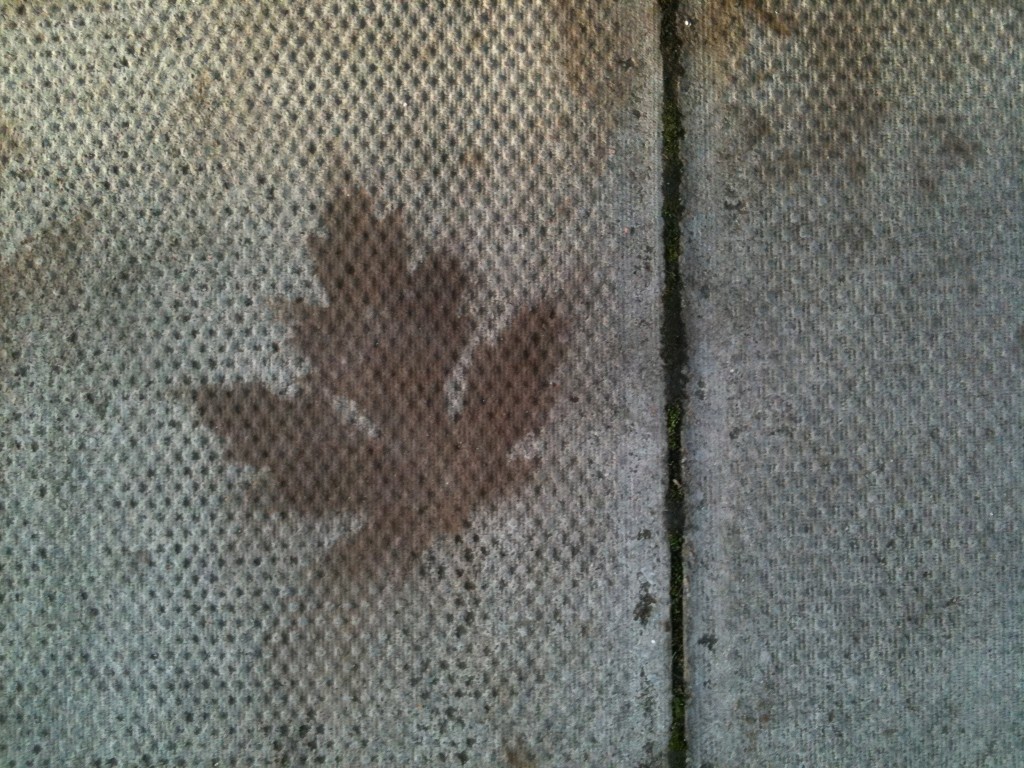
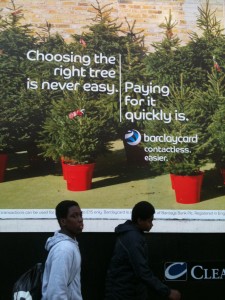
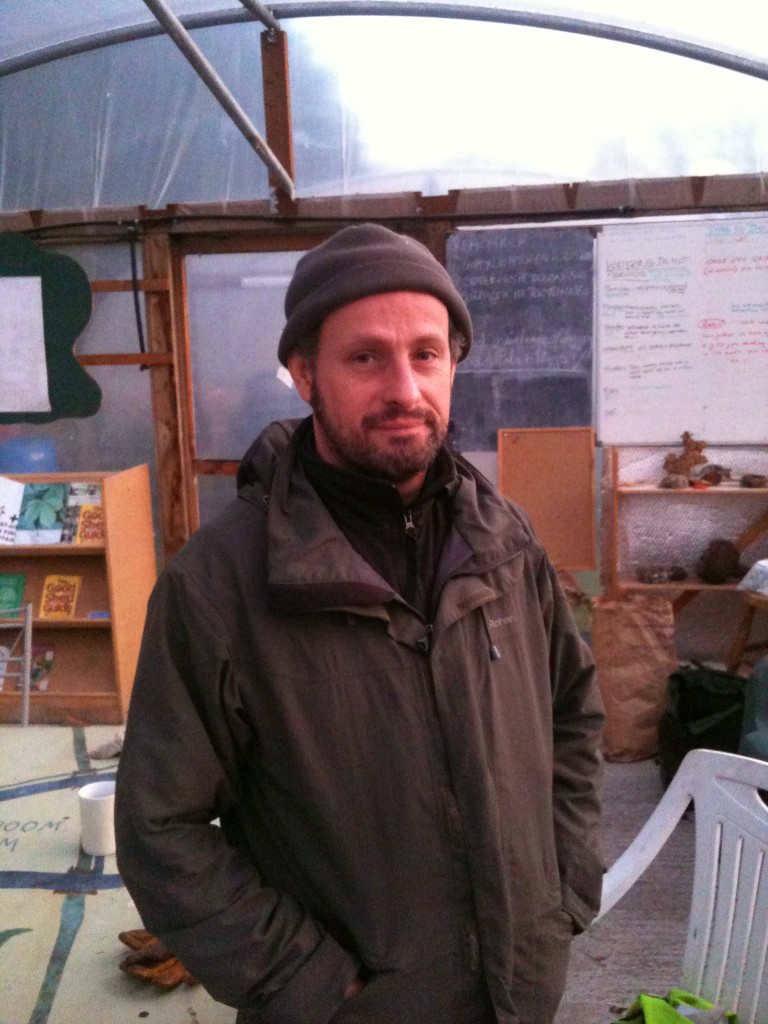
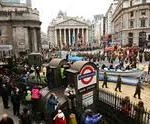 Previous Post
Previous Post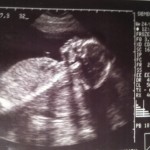 Next Post
Next Post